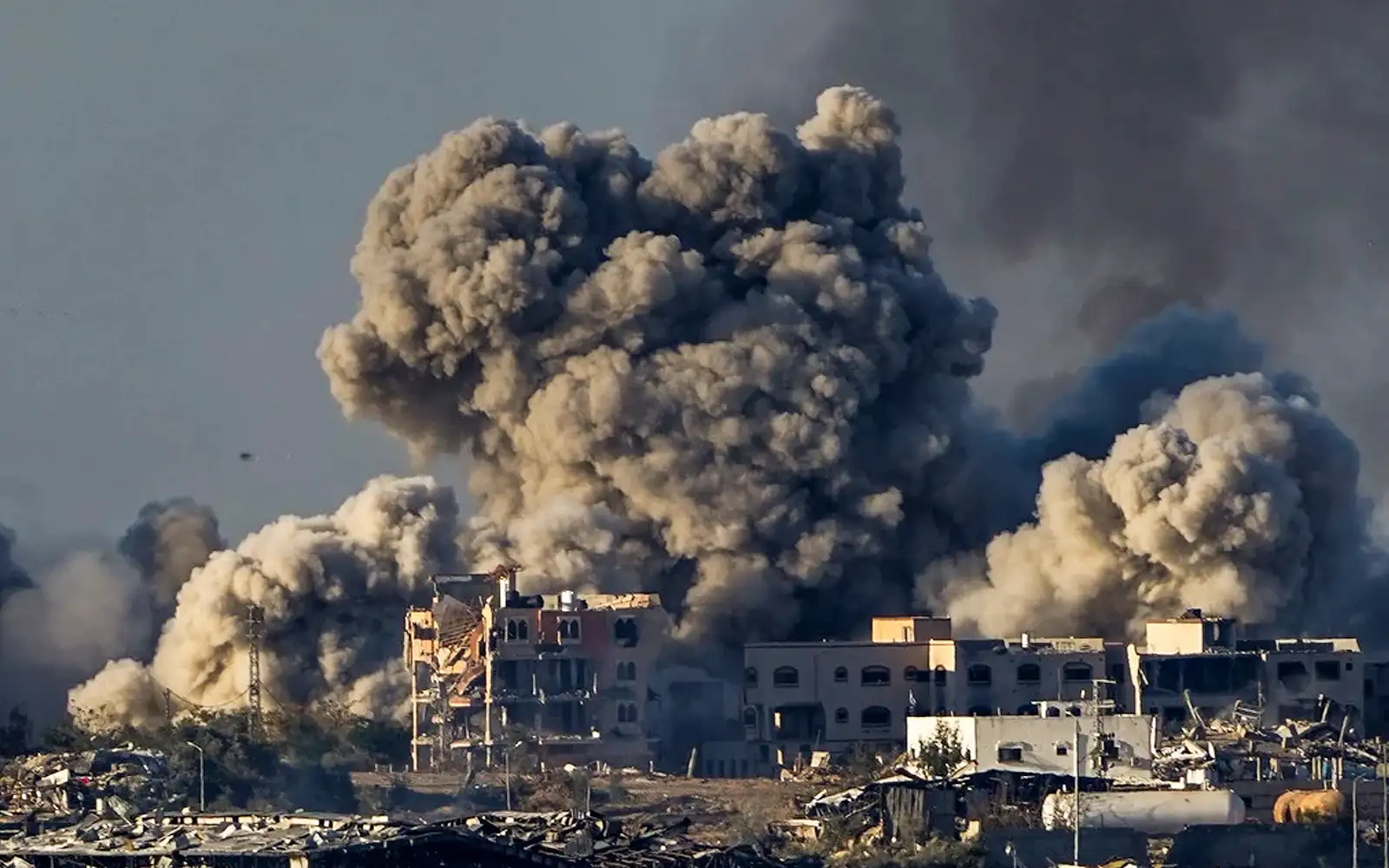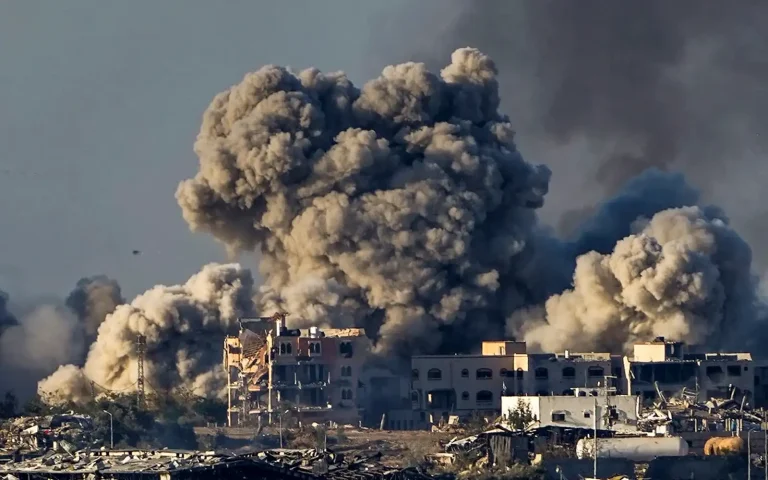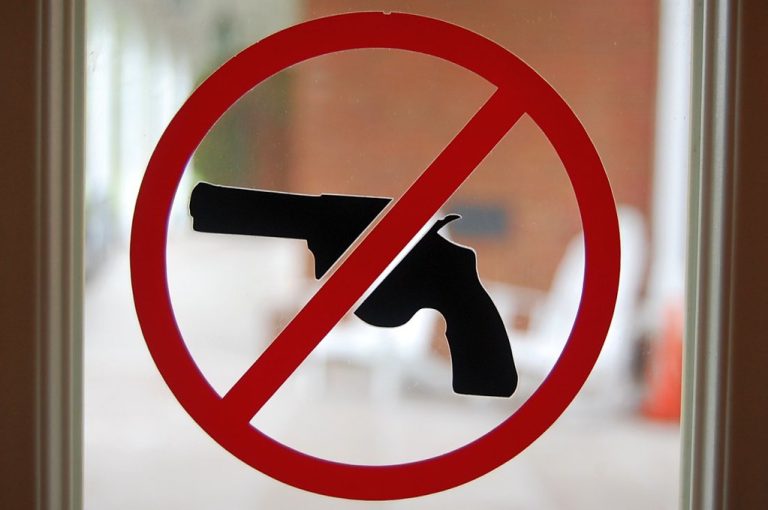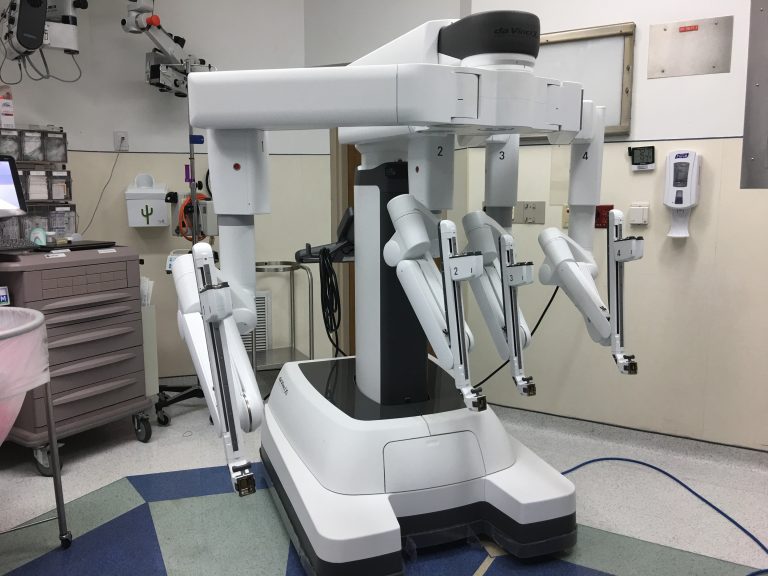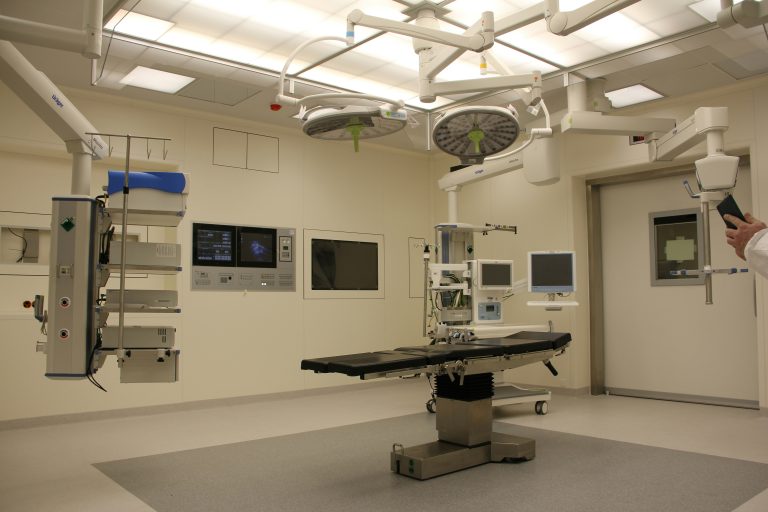THE situation in Gaza over the last more than eight months has left close to 40,000 people dead, with about 50 per cent of them being children. Many more are at risk due to starvation and inaccessibility to healthcare. The global community of health-providers has more than once strongly condemned the fact that 31 of 36 hospitals in Gaza have been directly attacked, more than 1,500 healthcare workers have been injured, and nearly 500 have lost their lives since October last year.
The atrocities in Gaza have become a black mark in modern world history, made more conspicuous by the deafening silence of certain superpowers. It is also shameful that certain ‘intellectuals’ of the world have fallen on the side of the oppressor, failing to raise their voice even against direct attacks on healthcare facilities that actually amount to war crimes.
The international bioethics community, whose responsibility is to raise moral outrage in situations involving violation of human rights and matters of discrimination, has remained largely silent on Gaza. This silence stands in sharp contrast to the aggressive debates generated in the Western world on the Russian military intervention in Ukraine.
These crises ought to be the top-most priority of the bioethics community for a multitude of reasons. Foremost, they limit the ability to seek healthcare, a fundamental human right protected under numerous international charters. However, the situation in Gaza is worse than that; there have been targeted attacks on healthcare facilities and on the lives of healthcare professionals, along with obstructions to medical supplies, drugs and food. These indiscriminate attacks on vulnerable population are reported to have generated, in the words of Ghassan Abu Sittah, a London-based plastic-and-reconstructive surgeon who specialises in paediatric trauma, “the biggest cohort of paediatric amputees in history”, the effects of which will be felt in the years to come not only physically, but also emotionally. In the wake of these horrendous war crimes, it is disheartening to note that except for a few muffled voices, the international bioethics community has largely remained silent, unable to pronounce its disapproval of these acts in Gaza.
We demand an immediate and complete ceasefire in Gaza and Rafah, and plead that all those who consider themselves part of a global moral conscience should raise their voices, and be on the right side of history. Silence equals complicity.
Dr Nida Wahid Bashir
Member, Karachi Bioethics Group
Karachi

